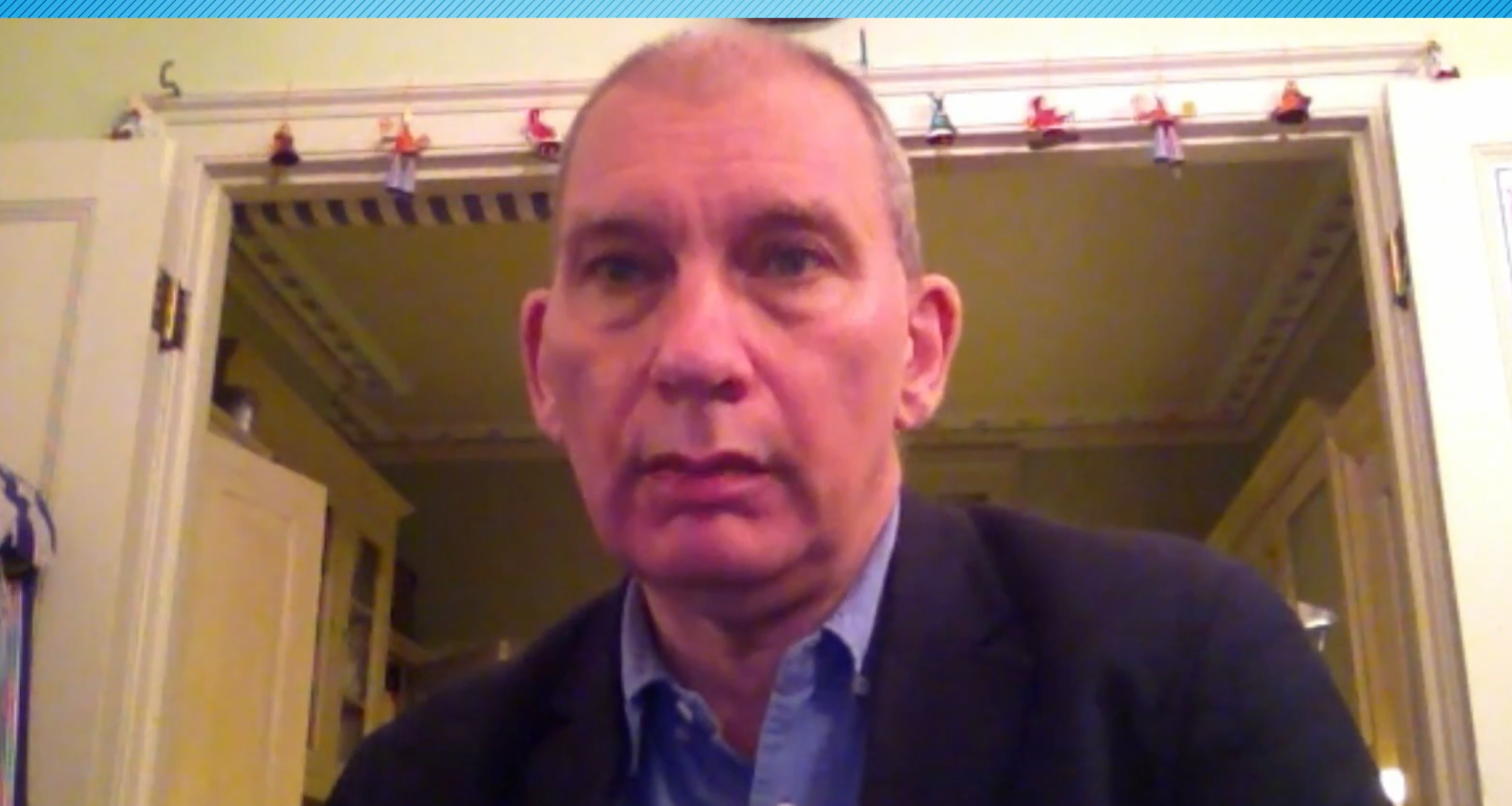Nick Cohen: The Controversial Voice of British Journalism and Modern Liberal Thought
Exploring the life, career, and impact of a bold British journalist and author who reshaped political discourse

Table of Contents
ToggleIntroduction
Nick Cohen is a well-known British journalist and author whose name resonates with fearless commentary, sharp political critique, and thought-provoking writing. Over the decades, Cohen has become both admired and criticized for his unapologetic stance on complex political and social issues. His work has profoundly influenced debates on liberalism, freedom of speech, and the shifting landscape of British politics.
As one of the most outspoken figures in modern media, Cohen’s journey from local journalism to becoming a nationally recognized columnist reflects not just a career but a transformation in political thought. His ability to challenge both left and right ideologies has made him a figure of admiration among free thinkers and a subject of controversy among traditionalists.
Quick Bio
| Attribute | Details |
|---|---|
| Full Name | Nicholas Cohen |
| Birth Year | 1961 |
| Birthplace | Stockport, Cheshire, England |
| Nationality | British |
| Profession | Journalist, Author, Political Commentator |
| Education | Altrincham Grammar School for Boys; Hertford College, Oxford (PPE) |
| Religion / Belief | Atheist, with Jewish heritage |
| Major Works | What’s Left?, Cruel Britannia, Pretty Straight Guys, You Can’t Read This Book |
| Active Years | 1980s – Present |
Nick Cohen: Early Life and Education
Nick Cohen was born in 1961 in Stockport, Cheshire, England. Growing up in Manchester, he was exposed to diverse political and cultural influences that later shaped his worldview. His upbringing in a Jewish household introduced him to discussions around morality, justice, and political responsibility—concepts that became recurring themes in his writing.
He attended Altrincham Grammar School for Boys, where he developed a strong interest in history and literature. Later, he pursued Philosophy, Politics, and Economics at Hertford College, Oxford. His education at Oxford not only strengthened his analytical abilities but also introduced him to Britain’s intellectual and political elite, many of whom would become subjects of his critique in later years.
The Start of a Remarkable Journalism Career
Cohen began his career at local newspapers such as the Sutton Coldfield News and The Birmingham Post. These early experiences gave him insight into the workings of British society from the ground up. His passion for truth and his uncompromising tone quickly distinguished him from his peers.
His national breakthrough came when he joined The Observer, where he became known for his fearless political commentary. Later, as a British journalist and author, Cohen expanded his influence by contributing to major outlets such as The Spectator, The Independent, and New Statesman. His columns covered topics ranging from politics and foreign policy to freedom of expression and moral responsibility in journalism.
Major Works and Literary Contributions
Nick Cohen’s writing career is defined by a series of acclaimed books that examine Britain’s political transformation. His 1999 work Cruel Britannia exposed the darker aspects of British governance and the decline of moral integrity in politics. In 2003, Pretty Straight Guys offered a scathing critique of Tony Blair’s New Labour government.
Perhaps his most influential book, What’s Left? How Liberals Lost Their Way (2007), marked a turning point in Cohen’s public identity. It examined how sections of the liberal left, in his view, abandoned moral clarity by aligning with illiberal forces in the name of anti-imperialism. The book received critical acclaim and sparked widespread debate among readers and political thinkers alike. His 2012 release, You Can’t Read This Book: Censorship in an Age of Freedom, continued his defense of free speech, tackling the growing culture of self-censorship in modern democracies.
Nick Cohen’s Political Views and Influence
Throughout his career, Nick Cohen has been known for his complex and evolving political beliefs. Though he began as a left-leaning journalist, over time his writing took a more centrist and sometimes contrarian tone. He often criticized what he saw as hypocrisy within progressive movements, particularly when liberal values conflicted with cultural relativism.
Cohen’s support for interventions such as the Iraq War in 2003 demonstrated his conviction that freedom and human rights should transcend political convenience. His stance divided public opinion: some viewed him as a defender of moral consistency, while others saw his positions as controversial. Still, his work embodies the courage to question mainstream narratives, a quality that has solidified his legacy as a truly independent thinker.
Personal Beliefs and Writing Style
As an atheist with Jewish heritage, Cohen’s worldview blends secular reasoning with a strong moral compass rooted in cultural identity. He frequently emphasizes honesty, accountability, and the defense of liberal democracy. His writing style is direct, eloquent, and confrontational—traits that have made him one of the most engaging voices in British media.
Cohen’s columns are characterized by intellectual rigor and emotional intensity. He writes not just to inform but to challenge complacency. Readers either admire his commitment to truth or criticize his tone, but few remain indifferent. This rare combination of intellect and passion has earned him both accolades and controversy.
Awards and Recognition
Nick Cohen’s impact on journalism has not gone unnoticed. His book What’s Left? was shortlisted for the prestigious Orwell Prize in 2008, a recognition of his powerful political analysis and fearless critique of ideology. In 2015, he received the Commentator Award from the European Press Prize for his commentary on British politics and nationalism.
These achievements reflect his reputation as a journalist willing to take intellectual risks, even at the cost of popularity. His work continues to be cited in discussions about press freedom, political ethics, and moral responsibility in journalism.
Recent Developments and Career Shifts
In recent years, Nick Cohen stepped away from The Observer and transitioned to independent publishing through his personal newsletter. This move symbolizes a new era for journalists seeking freedom from traditional editorial constraints. Despite facing criticism and challenges, Cohen remains a respected voice among readers who value courage and independent thinking.
His later writings continue to focus on political polarization, censorship, and the struggle to maintain free speech in a time of digital chaos. His enduring relevance demonstrates that journalism rooted in conviction can still thrive in an era of rapid media transformation.
Conclusion
Nick Cohen’s legacy as a British journalist and author is defined by both brilliance and controversy. His fearless approach to truth, unwavering commitment to free speech, and ability to challenge ideological extremes make him a vital figure in modern political discourse. Whether praised for his insight or criticized for his boldness, Cohen remains an example of what journalism should strive for—courage, integrity, and critical thought.
His body of work continues to inspire future journalists to question authority and uphold the principles of free expression, even in the face of backlash. In the ever-changing landscape of British media, Nick Cohen stands as both a warning and an inspiration—a reminder that truth often demands discomfort.
Frequently Asked Questions (FAQ)
Q1: Who is Nick Cohen?
Nick Cohen is a British journalist and author known for his political commentary, books, and long-standing career in print and digital media.
Q2: What are Nick Cohen’s most famous works?
His major works include What’s Left?, Pretty Straight Guys, Cruel Britannia, and You Can’t Read This Book.
Q3: What is Nick Cohen’s educational background?
He studied Philosophy, Politics, and Economics at Hertford College, Oxford.
Q4: What topics does Nick Cohen usually write about?
He focuses on politics, liberalism, censorship, morality, and the evolution of modern journalism.
Q5: What is Nick Cohen’s legacy in British journalism?
Nick Cohen’s legacy lies in his intellectual honesty and courage to confront uncomfortable truths, making him one of the most influential and debated figures in contemporary British media.



